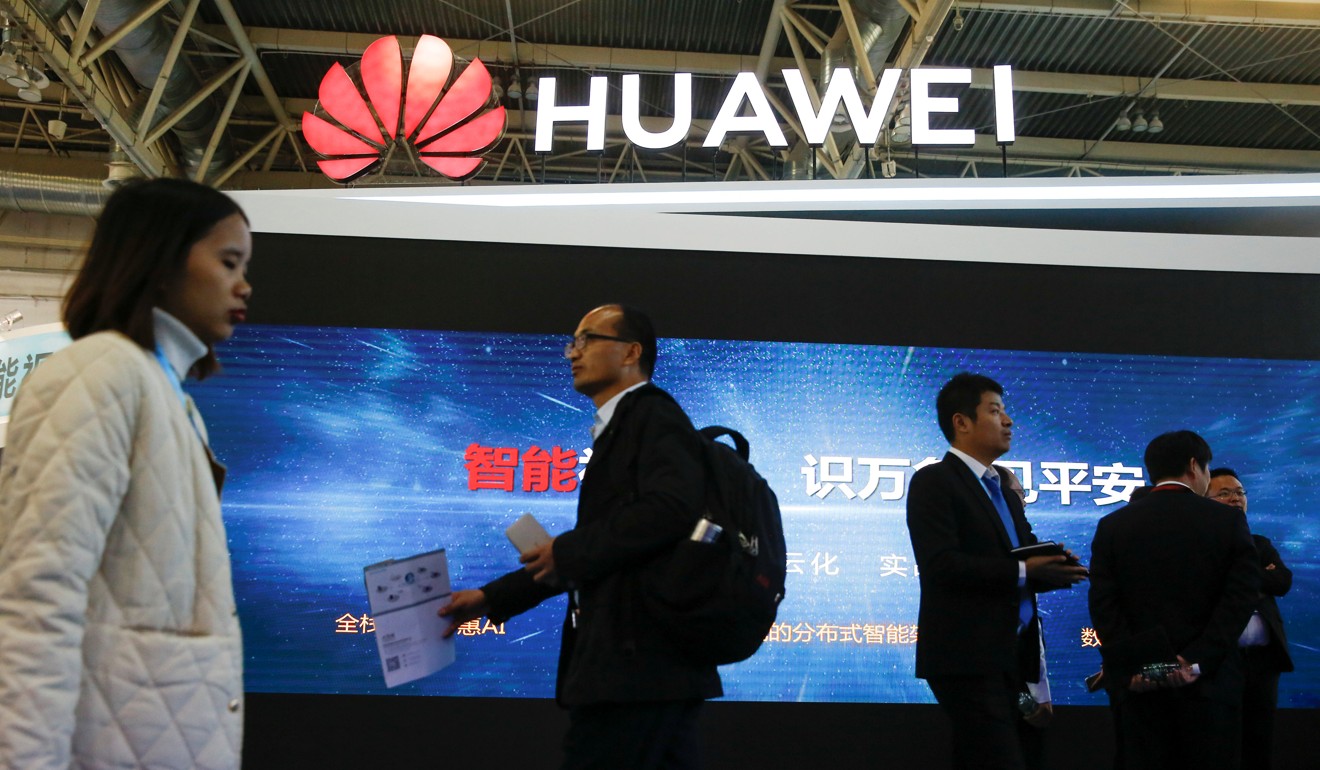
China pledges more support for private firms investing abroad, 12 months after clipping their wings
- Beijing keen for companies to become ‘renowned global brands’, Commerce Minister Zhong Shan says
- Outbound investment growth eases to 3.8 per cent in January-October period from 5.1 per cent in first nine months
China’s commerce ministry will support private companies in their efforts to expand overseas, state media reported on Thursday, in a sign Beijing might be softening its stance on outbound investment after a ruthless crackdown on some of the country’s biggest capitalists last year.
“We will guide private businesses to venture abroad in an orderly manner and to take part in the ‘Belt and Road Initiative’,” Minister of Commerce Zhong Shan said in an interview with People’s Daily, the mouthpiece of the ruling Communist Party.
He was referring to Chinese President Xi Jinping’s grand plan to build land and maritime trade routes as part of a national strategy to gain global influence via trade and investment.
Zhong said also that his ministry was keen to see private firms, like telecommunications equipment maker Huawei, carmaker Geely and heavy equipment manufacturer Sany become “renowned international brands”.
Beijing would try to direct outbound investment funds into “economic and trade development zones” developed by China in foreign countries, he said.
Desperate Chinese middle class take big risks to move money, and themselves, overseas
At least 20 such zones have already opened in Asia and Africa, including ones in Cambodia, Thailand, Pakistan, Zambia, Russia, Ethiopia and Indonesia.
The government would also help private companies to “manage risks” associated with their overseas investments and protect their interests abroad, Zhong said.

In July 2012, when China was seeing huge capital inflows and sitting on a massive foreign exchange reserve, the government issued a policy guideline encouraging private companies to pursue foreign expansion and urged state banks to support their efforts.
The directive sparked a massive spike in outbound investment as China’s largest privately owned conglomerates, including Dalian Wanda, Anbang Insurance and HNA Group, went on a shopping spree across the globe.
China ‘may lose foreign investment to other countries’ in trade war
However, their acquisitions did not always serve Beijing’s strategic goals of securing technologies, strategic resources and overseas manufacturing facilities.
As a result, the huge spending came to an abrupt end last summer when Beijing – believing the firms were taking too many risks – shifted its attitude towards speculative foreign deals, especially those concerning purchases of overseas property and trophy assets like European soccer clubs.
The shift led to China’s outbound investment falling 19.3 per cent last year, the biggest dip since Beijing began publishing such data in 2003.
China pledges to carry on investing globally, even as wealthy nations shun its money
However, outbound direct investment in the first 10 months of 2018 rose 3.8 per cent year on year to US$89.6 billion, although the rate was slower than the 5.1 per cent annual gain recorded for the year through September, according to figures released by the commerce ministry on Thursday.
Besides Beijing’s shifting stance on foreign investment, China’s private firms are facing growing scrutiny as they seek to expand overseas. Huawei, for instance, has been banned from investing in government projects in the United States and Australia because of concerns about its links to Beijing.

